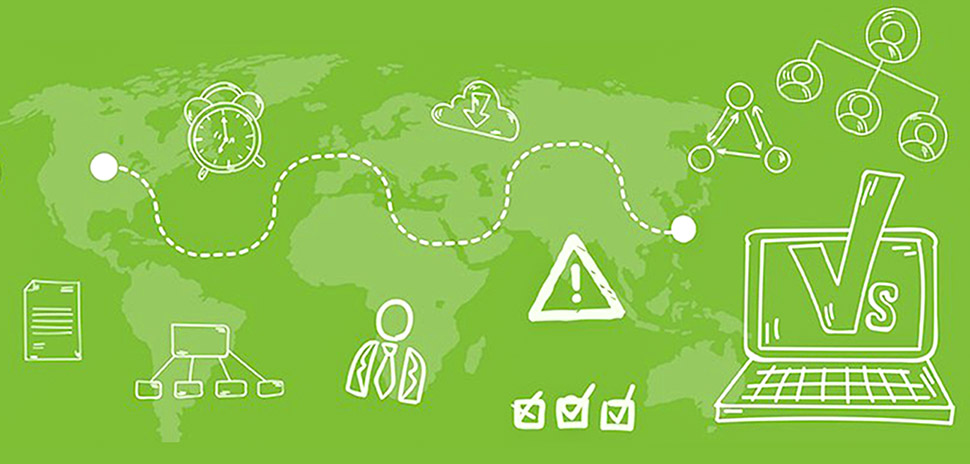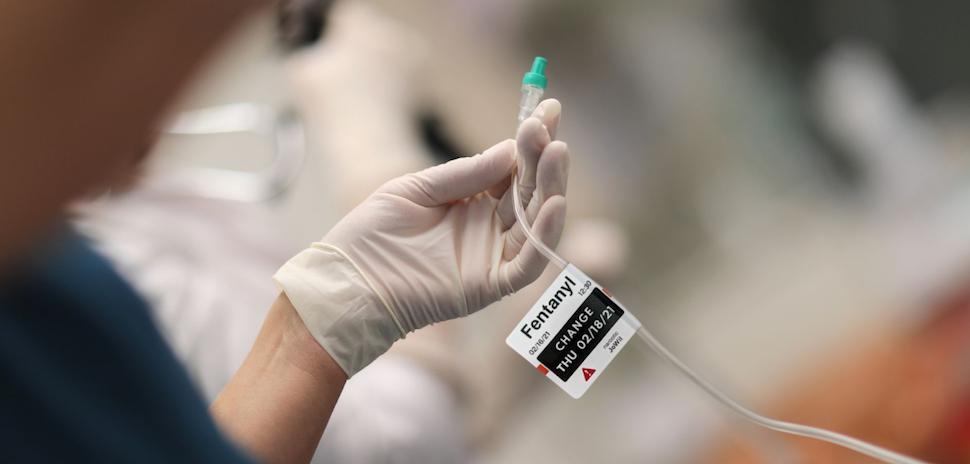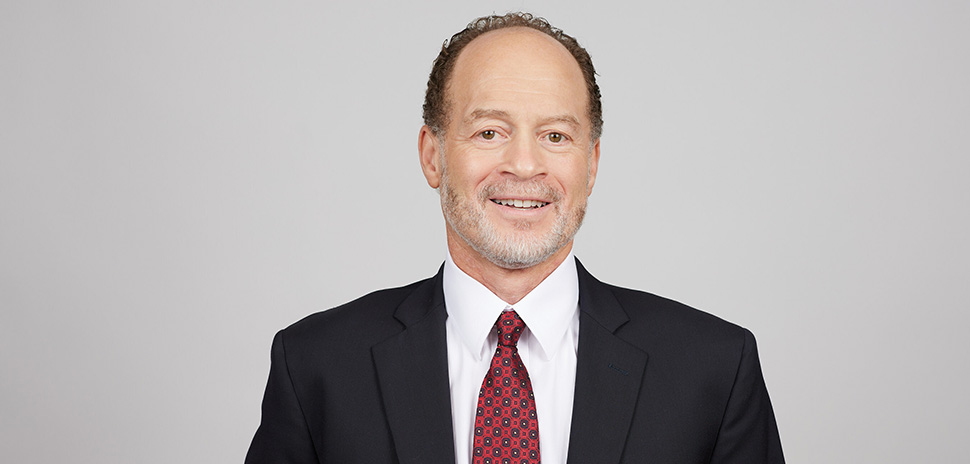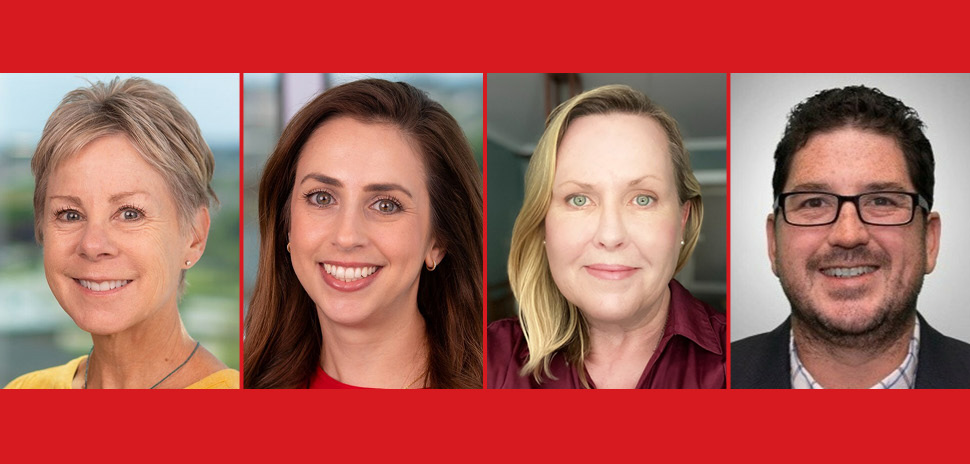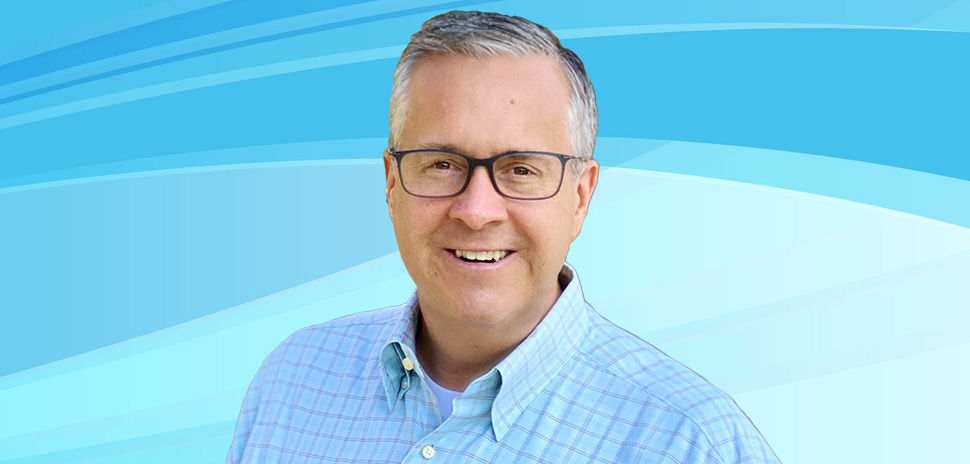Ed. Note: Dallas Innovates teamed up with MassChallenge Texas to highlight entrepreneurs and their high-impact companies in the current Texas cohort. Find them here.
Vigilant Software was born from an anesthesiologist’s confusion.
One day in 2013, Peter Baek was in an operation and became unsure which drug was which on the anesthesia cart. The syringes weren’t labeled, and he almost gave his patient the wrong drug.
Though he was shaken, Baek realized that unfortunately, he wasn’t alone.
Guidelines are established by the U.S. Pharmacopeia, Centers for Medicare and Medicaid Services, American Society of Anesthesiologists, ASTM, and Institute for Safe Medication Practices, but according to Baek, they sometimes are not followed. For instance, he says the method of writing data by hand on labels seems antiquated.
And in the OR, things often happen fast.
That’s why Baek decided to found Vigilant Solution in 2017, as an efficient way to make compliant labels for syringes, without sacrificing safety.

[Illustration: via Vigilant Software]
Vigilant Software provides a patented solution to automate the documentation and label generation of drugs prepared at point-of-care, as opposed to the pharmacy. The workflow software includes a printer pre-loaded with proprietary software and middle-ware that connects to Electronic Medical Records (EMR) systems.
A simple scan of a barcode on an anesthesiologist’s badge provides the labels for a case to be printed and adhered to syringes. Labels include the drug name, its concentration, the date and time it was drawn, and the user ID of the provider.
In hospitals, preparing patient medication in the pharmacy has been optimized, according to CEO Fox Holt. But drugs prepared at the point of care—like due to emergencies or operations—can be chaotic and problematic for hospitals.
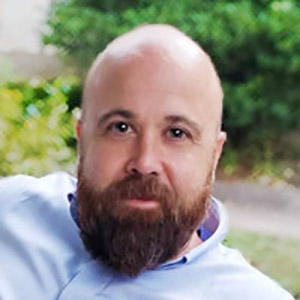
Fox Holt, CEO of Vigilant Software
“The process to comply with safety procedures and document the drug administration is extremely cumbersome,” he told Dallas Innovates. “Consequently, the safety precautions are often ignored, and drug administrations are not documented and thus not billed to patients and insurance.”
Vigilant Software’s SaaS business model aims to help hospitals capture significant lost revenues from insurance companies, reduce non-compliance exposure, and increase patient safety.
Baek and Holt explain that hospitals using Vigilant Software increase revenue and decrease lost claims because before, some of the medication used in the OR may not have been entered into a patient’s EMR or was entered incorrectly.
With so much going on in the OR, anesthesiologists may overlook putting medications into EMR—that means the patient or their insurance company is not billed for them.
So far, Vigilant Software has sold to 18 hospitals, including Kaiser and Catholic Health. They operate out of Health Wildcatters in Dallas with a four-person team and seven independent contractor sales people.
And though they have been entirely self-funded to date—and just started raising a $500K round—revenues are already at almost $1 million. Directly up next is responding to the COVID-19 pandemic.
“Hospitals in America are having to modify their operations to deal with COVID-19. Additionally, they need to find ways to replace revenues lost due to the virus,” Holt says. “Vigilant not only eliminates a COVID-19 threat in ORs, but helps hospitals capture revenues.”
Learn more about Vigilant Software and what’s next in our Q+A with Holt below.
Meet Vigilant Software
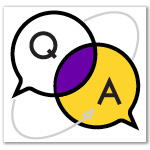 Why did you start Vigilant Software?
Why did you start Vigilant Software?
Dr. Baek thought our software would save lives.
How did you name it?
It’s important in anesthesia and pharmacy to be vigilant for patient safety.
What would be success be in the next year?
In 2019, the team transitioned sales from single hospitals to selling systems and signed key sales and distribution agreements. We need to close three top 50 hospital systems next year.
What do you wish people knew about Vigilant Software?
Post COVID-19, hospitals have been struggling with revenues and cash flows. Vigilant’s system helps healthcare workers keep patients safe but also helps the hospital capture revenues that were slipping away.
Additionally, our system is cash-flow positive. We offer a lease program which costs the hospital systems less than the profits we capture.
What can you tell us about your company culture and/or mission?
Smart, diverse, dedicated team to helping America’s healthcare industry.
What opportunities do you see rising?
We believe our software will become the standard of care and installed in all 5,500 hospitals in America.
Does Vigilant Software have a patent?
We have one issued patent and three more pending patents.
Has the pandemic and social environment shifted your plans this year?
Yes. The antiquated processes that Vigilant is replacing incorporate pre-printed paper labels that reside on the anesthesia cart to place on syringes to identify a patient’s drugs.
The problem is, the COVID-19 virus could live on the surface of the to-be-used labels for some time.
And, how do you disinfect the labels and the dispenser they are in, especially when that dispenser is more akin to thick, coated paper that would eventually deteriorate when repeatedly coming into contact with these cleaning agents?
This Q+A has been edited for brevity and clarity.
![]()
Get on the list.
Dallas Innovates, every day.
Sign up to keep your eye on what’s new and next in Dallas-Fort Worth, every day.










